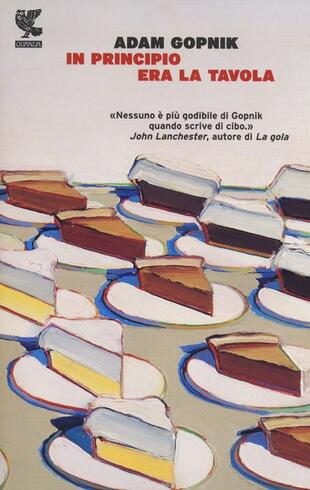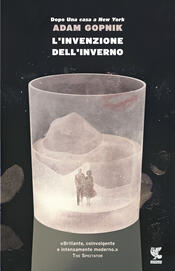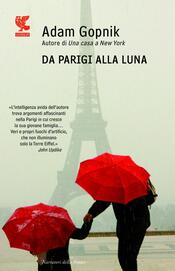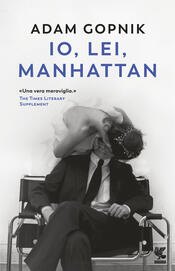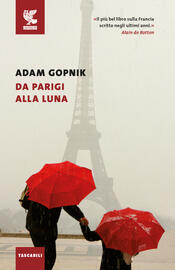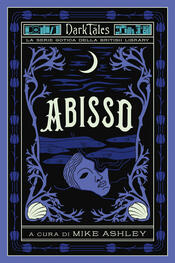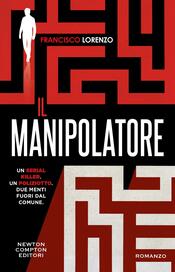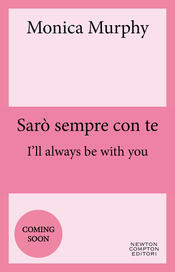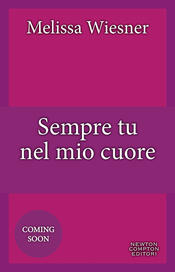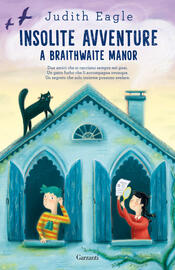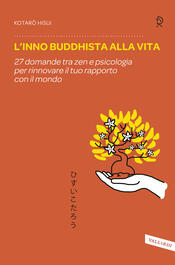In principio era la tavola
Tutti i formati dell'opera
Acquistalo
Sinossi
Dalla nascita dei primi ristoranti nella Parigi post-rivoluzionaria del 1789 (la ghigliottina aveva lasciato i grandi chef dei nobili senza lavoro e quindi avevano dovuto inventarsi un nuovo mestiere) fino alla catastrofe culinaria delle grandi catene di fast food, Adam Gopnik ci conduce in un viaggio nel mondo della cucina e del cibo. Americano innamorato della Francia, del suo modo di cucinare, Gopnik racconta l'evoluzione del nostro rapporto con il cibo, con interessanti e divertenti digressioni nel mondo affascinante e inebriante dei vini, ambito nel quale un bordeaux francese ha subito la vergognosa sconfitta da parte di un cabernet californiano in un blind contest (come dice Gopnik, qualcosa di simile a quello che avrebbero provato gli americani nel vedersi sconfitti a basket dalla Lituania). In mezzo ci sono riflessioni sul gusto, sul significato del bere e del mangiare, ma anche spassose interviste a chef inglesi diventati campioni della cucina tradizionale, qualche ironia sui giapponesi che acquisiscono i grandi marchi e un po' di satira letteraria su una categoria che Gopnik considera nefasta: gli autori di libri sui vini!
- ISBN: 8860889049
- Casa Editrice: Guanda
- Pagine: 352
- Data di uscita: 31-10-2012
Recensioni
Adam Gopnik is my favorite current writer of nonfiction. He's brilliant and often funny. He loves his family, France, and food. Though not overtly political, he has liberal sensibilities. He has a wide range of interests in sync with my own, including urbanism, sports, classic novels, and music from Leggi tutto
Among the most self-indulgent, over-intellectualized works I've ever encountered--and I actually enjoyed law school. Given my enjoyment of Mr. Gopnik's other work, I am a little surprised to have been so annoyed by this one. However, after suffering through dozens of pages on "taste" as characterize Leggi tutto
I loved Adam Gopnik's Paris to the Moon and so was delighted to see that the library has another book by the same author. Culinary, French, what could be better? I'm finding myself skimming, skipping much of the book; however, some parts are interesting. I'll reserve judgement. Okay ... I should just Leggi tutto
“In cooking you begin with the ache and end with the object, where in most of the life of the appetites---courtship, marriage---you start with the object and end with the ache.” Do you see why I love Adam Gopnik? He can take the simplest of activities---like cooking, for example---and he can find gre Leggi tutto
Mixed feelings about this book. For a start, I felt starved for propert writing about writing about the food. We're all deluged with cook-books, culinary supplements, restaurant reviews, but there is very little writing about this trend. So, who better to do it but Adam Gopnik, essayist supreme of N Leggi tutto
Keeping company with Adam Gopnik is reminiscent of conversation at a long French dinner party where food, philosophy and life are woven into a deeply enjoyable tapestry. At the end, we sigh and move on with our lives and the happy memory of an evening well-spent. Gopnik's essays touch on some of my
[Overdrive eBook] Fascinating essays on many aspects of food -- including explorations of the origin of the restaurant and cookbooks, a discussion of the current reigning culinary trends, a dialog with a food writer of the late 19th century that Gopnik feels close to, and other amusing bits -- even
Citazioni
Al momento non ci sono citazioni, inserisci tu la prima!
